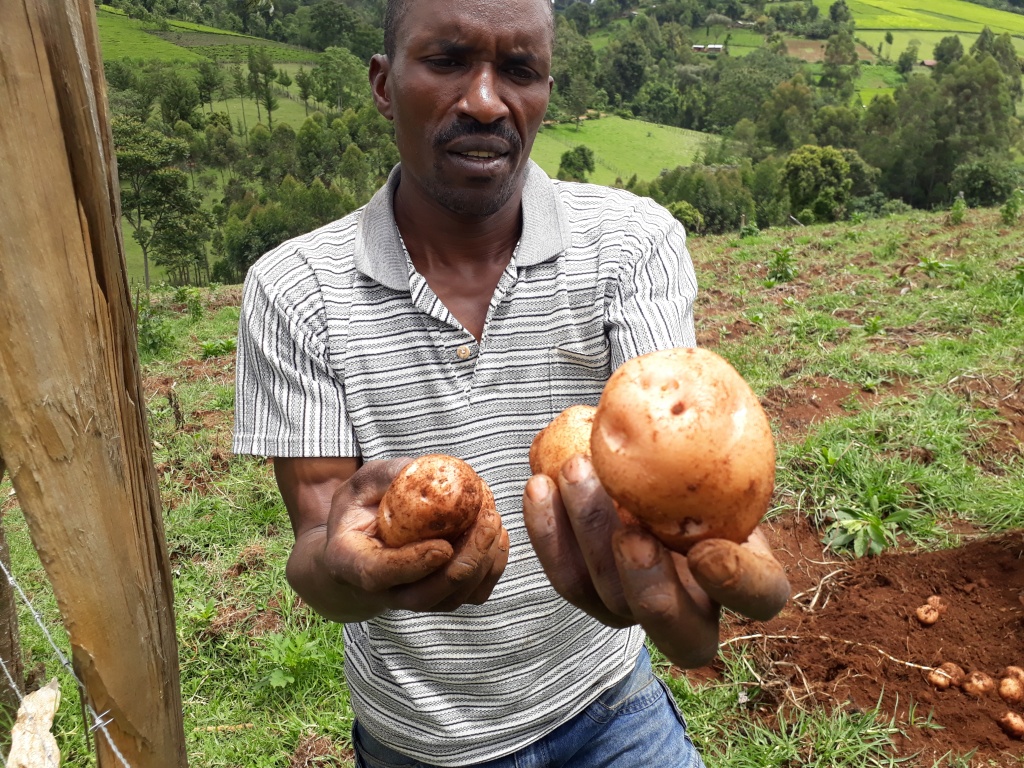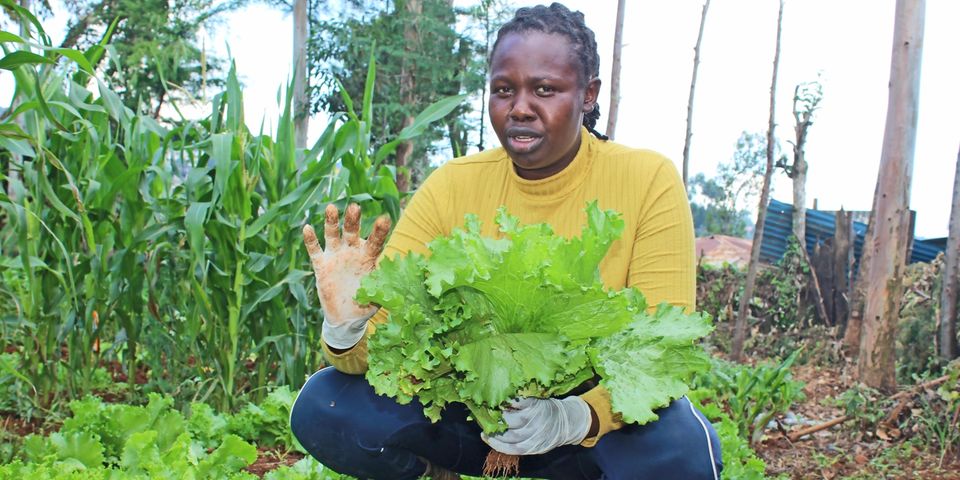Symptoms of nutrient deficiency are common to fruit farmers. However, multiple nutrition disorders can occur simultaneously which makes it complicated for farmers to diagnose production problems. To determine the nutrients that are deficient in the soil, farmers should have their soil analysed by experts. Protein is an important element required by living organisms for growth and development. One of the elements present in proteins is Nitrogen, which is a component of chlorophyll, DNA, RNA, amino acids, alkaloids, and enzymes.
In fruit farming, various nutrients play an important role in enhancing the growth and quality of fruits. Commercial fruit farming is being embraced in various parts of the country due to its high returns. Watermelon, for instance, is a fruit with a short maturity period, high yields, high demand, and ready market. The fruit is composed of 92% water, making watermelon a suitable fruit when it is hot.
The goal of every fruit farmer is to produce high-quality fruits that satisfy the consumers. For instance, melon consumers look for quality fruits with firm flesh which means that quality and firmness are paramount.
The quality of fruits is determined by the availability of nutrients. During the establishment, vegetative growth, flowering, and fruit development stage, balanced fertilizer and manure application. The availability of all the nutrients helps in producing firm and tasty fruits. These nutrients also boost the strength and elasticity of the fruits and hence a longer shelf life.
Fruit Firmness
Some important nutrients that help in improving fruit firmness include:
- Calcium: During the early growth stage, a lot of calcium is required to enhance leaf production. Although a small percentage of calcium is found in the fruit, calcium should be maintained at 15% to minimize fruit cracking and maintain quality firmness. High levels of calcium help in thickening the cell walls and, therefore, a firm and high-quality fruit.
- Magnesium: Magnesium is an important nutrient for enhancing chlorophyll in plants. It stabilizes cell membranes and enables the metabolism and movement of carbohydrates. Chlorosis is a common symptom of magnesium deficiency whereby the leaves to turn from green to yellow. If the magnesium deficiency prolongs, necrosis develops between the veins making the leaves of the fruit trees to curl downwards. If the deficiency continues, the leaves fall off, the plant weakens and eventually dies. This is common in citrus trees. However, magnesium should be applied at a balanced rate with potassium, ammonium, and calcium to enhance the firmness of the fruits.
Fruit Quality
- Nitrogen: Nitrogen plays an important role in enhancing the taste and sugar content of the fruits. However, excessive application of nitrogen results in rots and rind blemishes.
- Phosphorus: Phosphorus enhances flower formation, root growth, and fruit setting. It provides energy to the plants required for photosynthesis and respiration in form of ATP. Also, it helps the plants to produce thicker skins.
- Potassium: Potassium helps in increasing the sugar content of the fruit at harvest. It enables the activation of enzymes for the production of sugars and proteins. It also helps in maintaining the turgidity of cells hence making photosynthesis efficient. In strawberry, potassium increases the acid and sugar content, making the berries tastier. Potassium regulates transpiration (the opening and closing of stomata) and enhances the translocation of nitrates.
- Manganese: Manganese promotes photosynthesis in plants. It facilitates the formation of radicals during water splitting. The biochemical process happens when manganese contributes to the necessary electrons. Manganese deficiency can be facilitated by environmental factors such as extremely hot weather, ozonated water used for irrigation, and poisonous gases from motor vehicles.
- Zinc: Zinc plays an essential role in promoting protein synthesis, optimal fruit set, and fruit quality. It enhances the growth of shoots and roots of plants. Deficiency of zinc results to reduced fruit size, fruit number, and decreased yields. Also, it results to necrosis, and venal chlorosis. The availability of zinc is reduced by bicarbonates and high pH. Zinc foliar fertilizers are more effective compared to soil fertilizers.
- Boron: Boron is required in plants for auxin activity, cell division, the formation of cell walls, xylem differentiation, the formation of apical meristem, metabolism of nucleic acid, and inhibition of callose formation. It also enhances reproduction and pollination and counters the harmful effects of aluminium.
Since the nutrients play different roles, proper fertilization should be ensured. For instance, farmers should apply nitrogen-based fertilizers to enhance the leaf colour, fruit quality, and to increase the nitrogen content in the soil. Farmers should also use fertilizers rich in calcium, phosphorus, and magnesium, zinc, and boron to maintain steady growth and high-quality fruits.
Do you have any questions or other forms of contributions, kindly use the comment section below for all your contributions.
You are also encouraged to kindly share this information with your loved ones you feel might benefit from it as we cannot reach everyone at the same time.




Thank you for enlighting Kenyan farmers